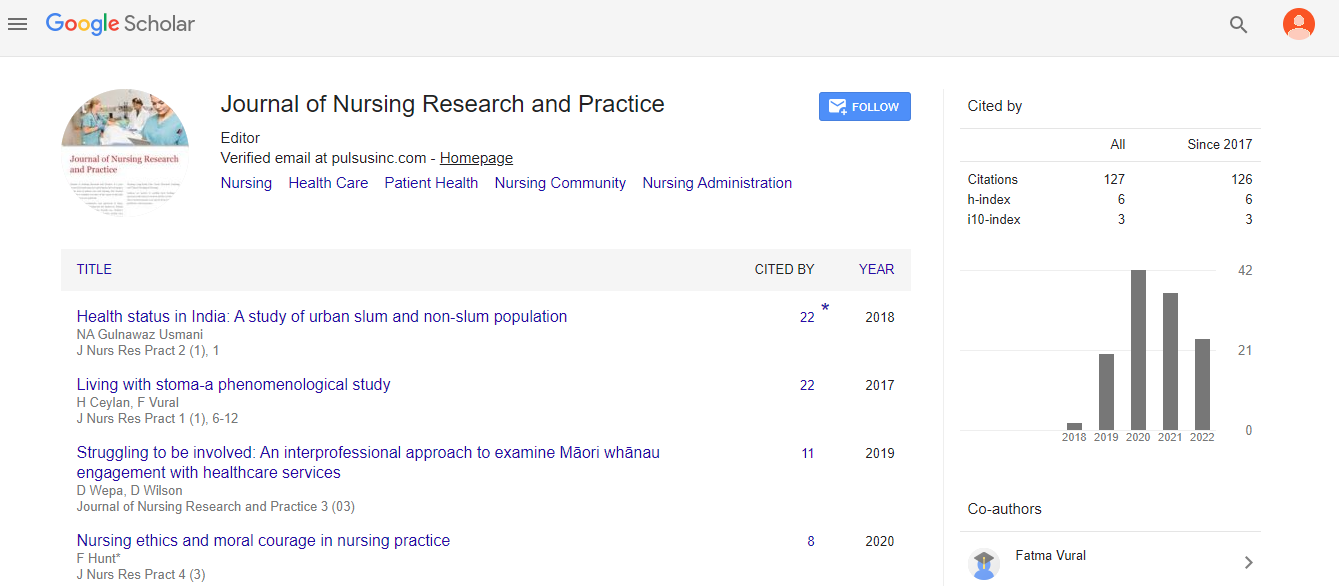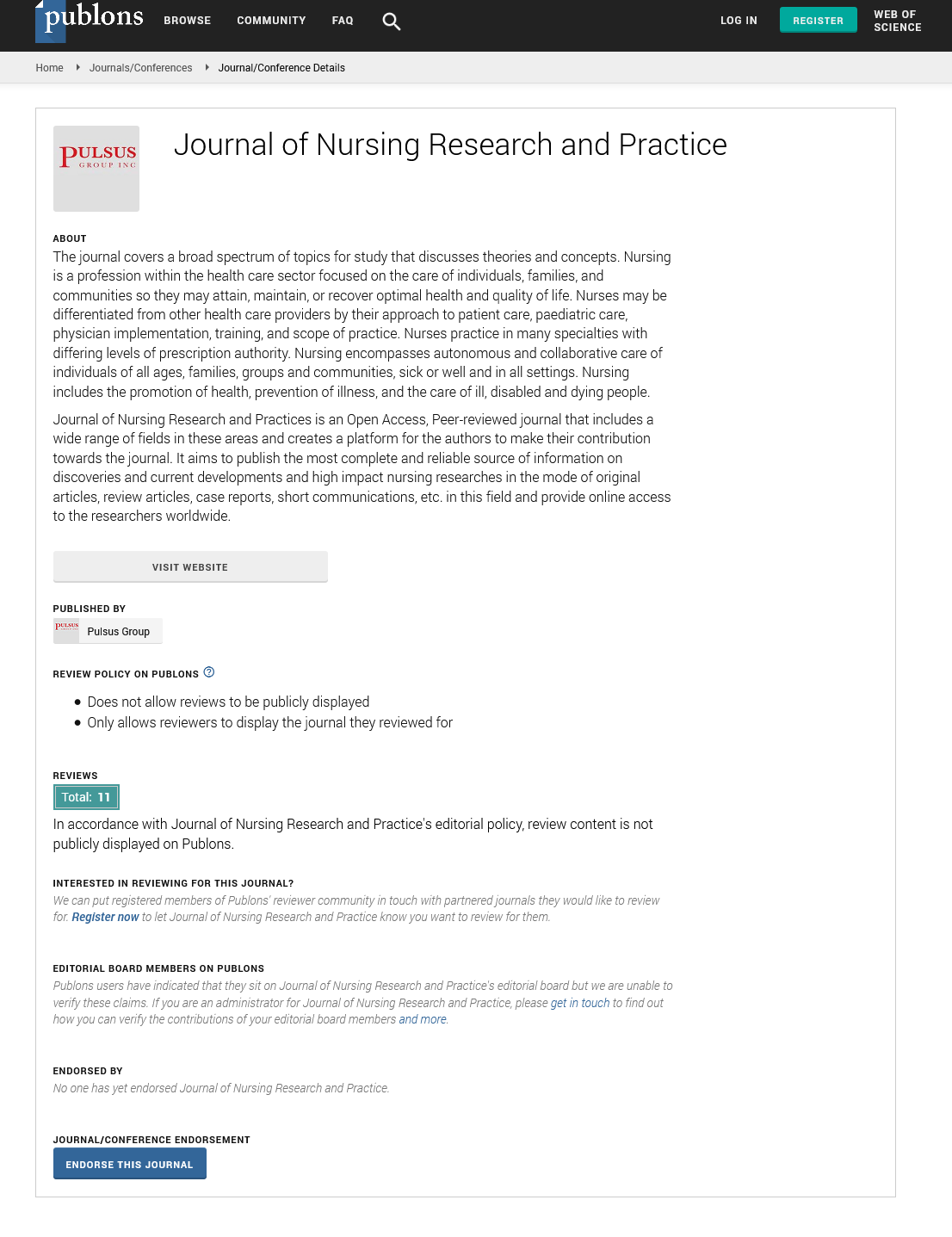
Sign up for email alert when new content gets added: Sign up
Implementation of medical simulation to improve pediatric health
Joint Event on 5th World Congress on Neonatology and Pediatrics & World Congress on Nursing Research and Evidence Based Practice
February 25-26, 2019 | London, UK
Sawsan Alyousef
King Fahad Medical City, Saudi Arabia
Keynote: J Nursing Research and Practice
Abstract :
Medical simulations aim to imitate real patients, anatomic regions, clinical tasks, virtual reality devices and electronic manikins or to mirror real-life situations in which medical services are rendered. Simulation – based learning (SBL) applies these modalities. Benefits of medical simulation includes safe environment, mistake forgiving, trainee focused vs. patient focused, controlled, structured, proactive clinical exposure, reproducible, standardized, debriefing, deliberate and repetitive practice. Medical simulation can assess professional competence as patient care, medical knowledge, practice-based learning & improvement, communication skills, professionalism and systems-based practice. Patient safety priorities are at the forefront of health providers' concerns. The see one, do one, teach one philosophy certainly should be eliminated. This is best summarized by “simulators have the potential to take the early and dangerous part of the learning curve away from patients”. Simulation has rapidly evolved as a learning tool and technology over the past 15 years and has been shown to be an effective method for teaching. Despite this, the field of pediatric medicine is still in the primitive stages of adopting simulation. The reasons cited for this include: the high cost of simulators, a dearth of didactic curricula to accompany the psychomotor skill learned on a simulation, the wide variability and/or lack of consistency that exists among the simulation platforms, and a complete absence of large trials showing that this expensive technology actually improves patient outcomes. Despite all this, the Saudi Commission for health specialty now mandated and added certain simulation courses into pediatric R1 curriculum. From June 2017- May 2018 an condensed simulation course for pediatric R1 training resident under Saudi commission for health specialty was conducted once per month at CRESENT, KFMC, the course is 5 days include the following simulation sessions: pediatric airway management with crew resource management, central line insertion under US guidance, chest X-ray and ABG interpretation, Lung Ultrasound, thoracentesis, chest tube insertion, bone marrow aspiration and biopsy, lumbar puncture, basic to advance cardiac simulation session. Total of 125 candidates were involved, in which all of them had undergone pre-course knowledge and clinical assessment test followed by post course knowledge and clinical assessment test at the end of the course (similar to the pretest) plus the candidates had retention assessment test 6 months later with similar to pre and post assessment tests. The preliminary result showed 100% improvement in the scores at post knowledge and clinical assessment test compared to pre-assessment test and non-had decline results. The retention assessment test is pending but the preliminary result is promising as till now the scores were above precourse assessment test. 100% of them found these courses are enjoyable, safe, not stressful and very useful training methods, 97% enjoyed it mostly because it is repetitive, and mistakes are forgiven with zero hazards to patients.100% feels video debridement following medical scenarios is very helpful as it clarify areas for improvement much better than conventional training. In conclusion, although Simulation courses is expensive, but it plays important role in patient safety so at the end it is cost effective so would encourage to make it mandatory in the curriculum for all pediatric residents and fellow.
Biography :
Sawsan Al Yousef is Director of Saudi Commissioner for Health specialty for PICU Fellowship Examination committee, Saudi Arabia. She is an a assistant Professor in king Saud Bin Abdulaziz University and Health Science, Clinical and Research Pediatric Critical Care fellowship from University of Western Ontario, Canada, 2001, Clinical Pediatric Respiratory, University of Toronto, Canada, Arab and Saudi Board of Pediatrics, 1997.Currently Appointed as Consultant Pediatric Intensive Care and Pulmonory at King Fahad Medical City(KFMC),Chairperson of Post Graduate Simulation Department at Center for research, Education, Simulation enhance training (CRESENT)KFMC.
E-mail: sawsan_35@hotmail.com





